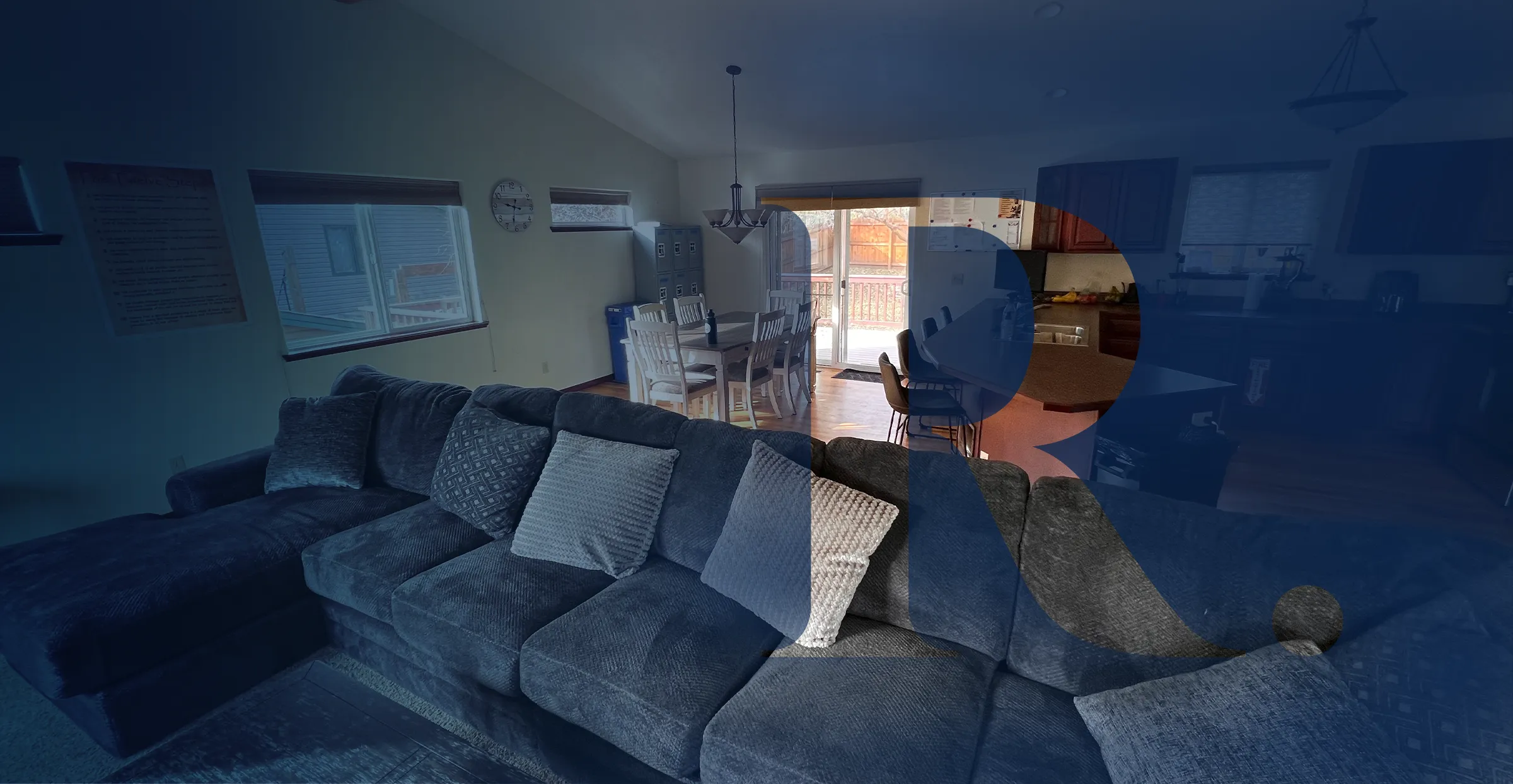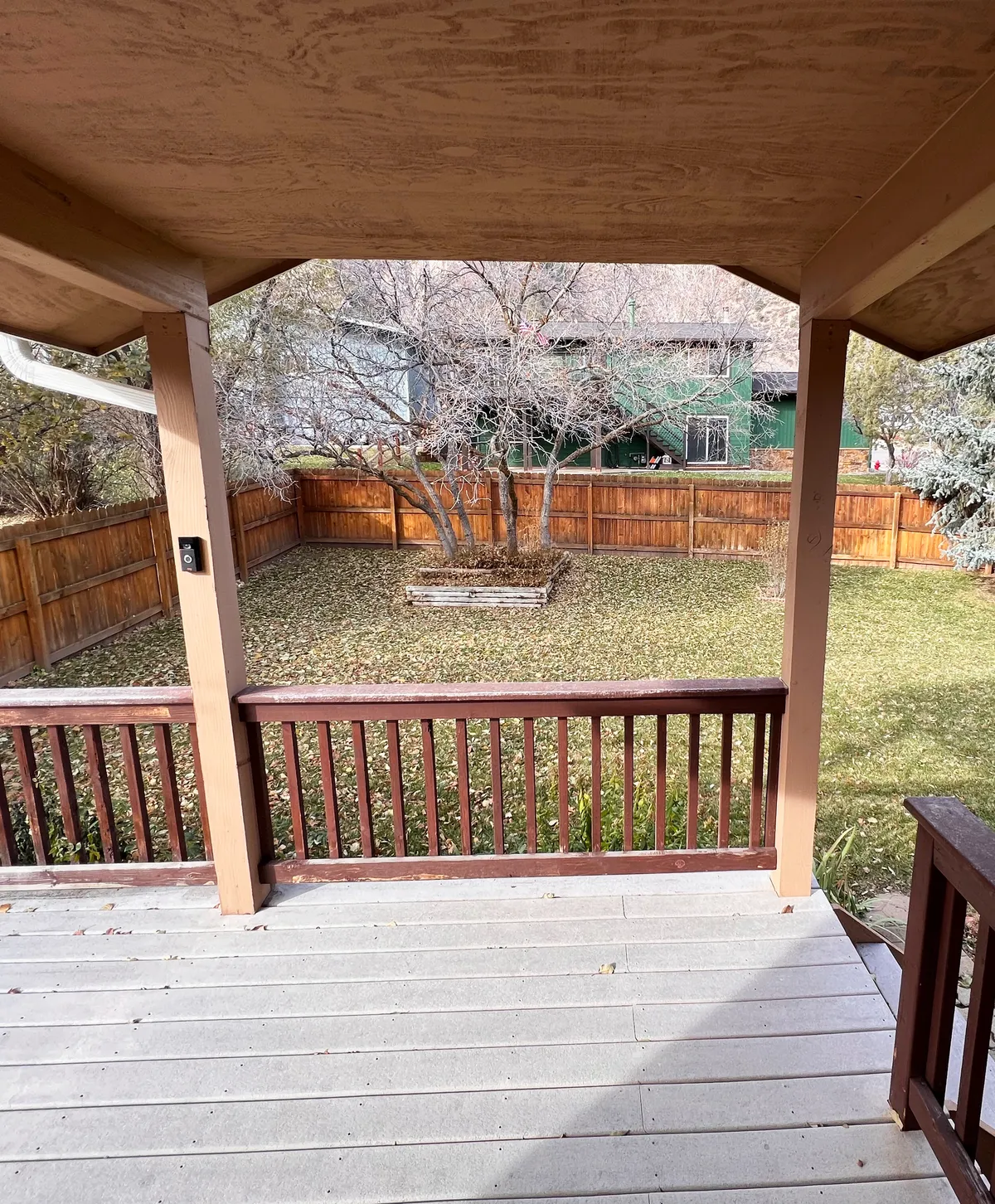
Guided Sober Living
Explore how our sober living programs offer a safe and supportive environment. Find out how we help individuals thrive in their recovery journey with professional guidance and peer support.

Explore how our sober living programs offer a safe and supportive environment. Find out how we help individuals thrive in their recovery journey with professional guidance and peer support.
The process of recovery may involve transitioning to sober living. You or a loved one has completed residential treatment, now what? Typically the next step on the road of recovery after treatment is a sober living environment. A sober living home is a supervised, structured space in which folks new to recovery live. Accountability and monitoring are key components to what makes a sober living environment work. In addition, these elements are key to help people stay sober throughout the transition between residential treatment and independent living.
A sober home is a structured, safe environment for one to transition back to day-to-day living. It may include therapeutic elements, such as counseling, group therapy, and experiential activities. In addition, these residences offer guidance and peer support. In addition to peers, there may be clinical staff, activity coordinators, chefs, and outpatient team members. Furthermore, as one starts to reintegrate back into society, the home program offers a source of comfort and connection. Hence, this is key to creating a healthy next phase of life.
Sober living homes provide a safe, structured environment for individuals to learn how to thrive in recovery. These homes are a vital part of the recovery process. Often, those new to recovery start to get back to daily living while in a sober house. In addition, sober homes provide camaraderie and peer support. Studies show that sober homes can increase the likelihood of long-term recovery.
How long do people stay in sober living? There is no set answer to this question. Some people are in sober living for as long as a year, some as short as a few months. Different people need varying levels of accountability and monitoring. Furthermore, a supportive living environment offers different lengths of time because some need more or less structured than others. Hence, the main idea of sober living is a group environment to learn how to practice the tools learned in treatment before living independently.

Professionals, especially clinicians and staff at inpatient or intensive outpatient programs are great resources to rely on. In fact, professional services are ideal when navigating your needs or the needs of your loved one. Those in the recovery field have experience with the varied types of programs and can make the best recommendation based on the individual.
Sober living homes are often helpful to live in when a person is in an intensive outpatient program or partial hospitalization program. In addition, IOP or PHP helps to provide safety and understanding while that person is continuing therapeutic work at the treatment level. Peer support and safe housing is often recommended by a treatment team at this stage because of the risks associated with immediately going back to life as we once knew it. Consequently, when we return the same environment in which we were living prior to treatment, it can be stressful. Also, we may feel loneliness, misunderstanding, or simply have too much responsibility too soon.
Colorado-based recovery speaker Don C. often likens this process to the replanting of a dying tree into new soil. If a tree is dying, the soil in which it exists is often unhealthy. To rehabilitate that tree, one must relocate that same tree into new, healthy soil. Often, when that tree is relocated, it tends to thrive and pick up the nutrients from the new soil. Sober homes can be thought of in a similar way. It is the new soil and environment in which someone can begin to build their new life in recovery, rich in the nutrients of daily peer support, and monitoring. Hence, one builds the life skills needed to operate successfully in the world. Community and accountability are two keys to early recovery. A sober house is often the right choice for a person in early recovery to transition back to independence.
The Longmont Sober Living facility serves Boulder County and offers 24-hour monitoring, mandatory outpatient services, and intensive support to ensure clients receive the highest level of care. The program focuses on easing back into society with professional guidance, compassionate care, and a commitment to building a strong recovery foundation. Sliding scale fees are available, making it accessible to those in need. The goal is to help residents transition back into life with the support and structure necessary to maintain sobriety.
The Glenwood Springs Sober Living facility caters to residents of Garfield County, offering a supportive environment with 24-hour monitoring and mandatory outpatient services to foster recovery. This location provides the structure and care needed to support clients as they transition back into independent living. With an emphasis on compassionate guidance and professional oversight, Glenwood Springs Sober Living helps residents build a sustainable path to recovery. This facility also offers sliding scale fees, ensuring affordability for those seeking recovery support.
If you have questions about The Redpoint Center's mental health treatment and drug programs in Boulder, Larimer, Garfield or Weld County, please call (303) 219-0973 or text us now.
Longmont
1831 Lefthand Cir, Suite H
Longmont, CO 80501
Fort Collins
2900 S. College Ave, Suite 3D
Fort Collins, CO 80525
Glenwood Springs
2520 S Grand Ave, Suite 212
Glenwood Springs, CO 81601
Boulder
2425 Canyon Blvd, Suite 250
Boulder, CO 80302
Greeley
(Now Open!)
3050 67th Ave, Suite 100
Greeley, CO 80634
Thornton
(Opening Feb 1)
9025 Grant St, Suite 100
Thornton CO, 80229
Call Now